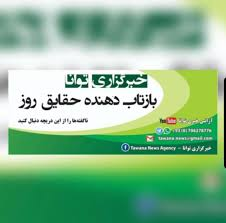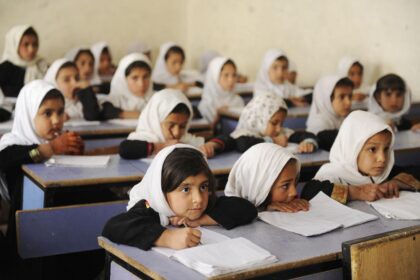RASC News Agency: The Taliban have arrested the director of the Tawana News Agency, accusing him of espionage and receiving foreign funds an allegation rights groups have described as yet another tactic to stifle critical journalism in Afghanistan. The arrest comes amid a broader campaign of intimidation against the press by the Taliban, who continue to criminalize independent reporting under the pretense of religious and national security concerns. According to Taliban officials, the media director stands accused of accepting financial assistance from international organizations including UNESCO, UNAMA, and reportedly the Iranian government to “promote critical narratives” against the Taliban regime. The group further alleged that the journalist was “covertly mobilizing women under the guise of media work” and producing reports deemed contrary to the so-called “Islamic order.” These sweeping accusations, devoid of credible evidence or due process, mark a disturbing escalation in the Taliban’s systematic crackdown on press freedom.
The Taliban’s notorious Ministry for the Promotion of Virtue and Prevention of Vice which functions as de facto police, prosecutor, and judge has also accused the detainee of “moral corruption” and “espionage on behalf of anti-Islamic media.” In an act widely condemned by international observers, the Taliban released a video purporting to show a confession by the accused. However, human rights watchdogs have strongly cautioned that such confessions are often extracted under duress, coercion, or outright torture, and hold no legal merit under international law. State-affiliated outlet Daryacha has reported that additional arrests have taken place involving individuals affiliated with similar media institutions, though no specifics have been provided by the Taliban authorities. The group has labeled these media organizations as “centers of cultural infiltration and foreign espionage,” further accusing them of encouraging gender integration, distributing so-called “harmful religious literature,” and transmitting information to international outlets a set of charges experts say is designed to criminalize free expression and dissent.
Over the past few weeks, Taliban suppression of journalists has markedly intensified. The Afghanistan Journalists’ Center reported that at least seven journalists have been detained in Kabul and other provinces over the past three weeks alone. The watchdog confirmed that as of now, 15 journalists remain in Taliban custody, many held incommunicado without access to legal counsel or trial. Since the Taliban’s violent return to power in 2021, Afghanistan has witnessed a brutal dismantling of its once-vibrant media landscape. Journalists, civil society activists, and media outlets have become primary targets of arbitrary arrest, threats, and in some cases, physical torture. International human rights organizations have repeatedly described these actions as flagrant violations of fundamental freedoms and a deliberate effort to crush independent journalism in the country.
Calls for the immediate and unconditional release of imprisoned journalists continue to grow. Yet the Taliban intent on erasing public scrutiny and silencing all opposition voices remain unmoved, advancing an authoritarian project that has turned Afghanistan into one of the most dangerous places in the world to be a journalist.






